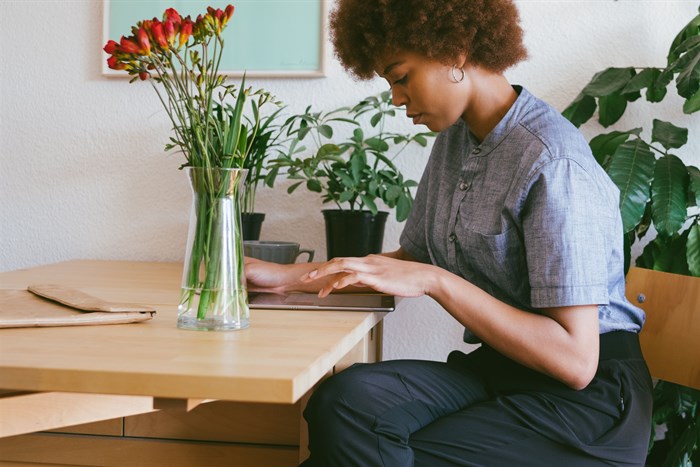
Top stories






More news















Logistics & Transport
Maersk reroutes sailings around Africa amid Red Sea constraints


Millennials: often described as the ‘instant-gratification-generation’, the multi-tasking individuals who are glued to their phones and the generation who makes use of different communication channels, as opposed to their Generation X or Baby Boomer parents. During the lockdown, we can learn something from their communication style and preferences.
Chanell Kemp, a reputation specialist at Reputation Matters, who completed her Masters dissertation on the topic, says that now is the ideal time to take a page from the millennial communication book.

Here are five preferences that characterise millennial communication that can be used during the lockdown and working from a virtual office space:
Topic: Millennials prefer communication to be brief but meaningful and engaging. Provide enough detail but keep it to the point and stay positive. “When in lockdown, we should focus on staying positive and energised during the pandemic. Keeping the communication brief and meaningful mean that it is more likely to be read, especially as there is a lot of social commentary from all angles at the moment,” says Kemp.
Medium: Millennials prefer texting and sending WhatsApps as the most preferred medium for communication. Their phones are often described as their greatest asset. During the lockdown, mobile phones will also be one of the biggest assets for organisations and friendships. Organisations can use mobile phones to conduct meetings and instead of having get-togethers over weekends, friends are already communicating and sharing their favourite beverages using WhatsApp groups or Facetime apps.
Time: Millennials function on a 24/7 cycle and they like to have all the information, all the time, regardless of business hours. “Organisations are currently saving on travel time, but strong measures should be put in place to ensure that employees don’t fall into a 24/7 work schedule,” warns Kemp. This brings us to the fourth communication preference, respect. Millennials prefer to feel respected when older generations are communicating with them. The entire world is influenced by the Covid-19 pandemic, and we should not only communicate in a respectful manner, but also respect the measures that the government put in place to protect businesses and limit the spread of this virus through complying with the lockdown rules.
Meaning: Millennials focus on communication with meaning. Millennials have a strong sense of responsibility for the contribution towards the ‘greater good’ and committing to the social bottom line. “Although the Covid-19 virus has an enormous impact on the global economy, we should focus on the messages we spread and how we communicate in a time like this,” says Kemp. “It is crucial to remain positive, comply with the measures that the government has set in place and keep your workforce motivated. We should also ensure that we spread the correct messages, information and statistics and steer clear of fake news. Now is the time to stand together, empower and inform your workforce in order to equip them for this lockdown,” concludes Kemp.
